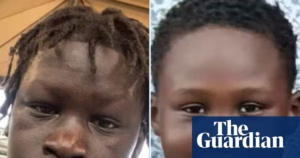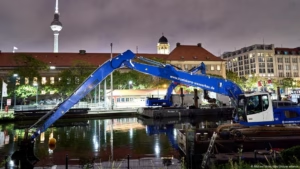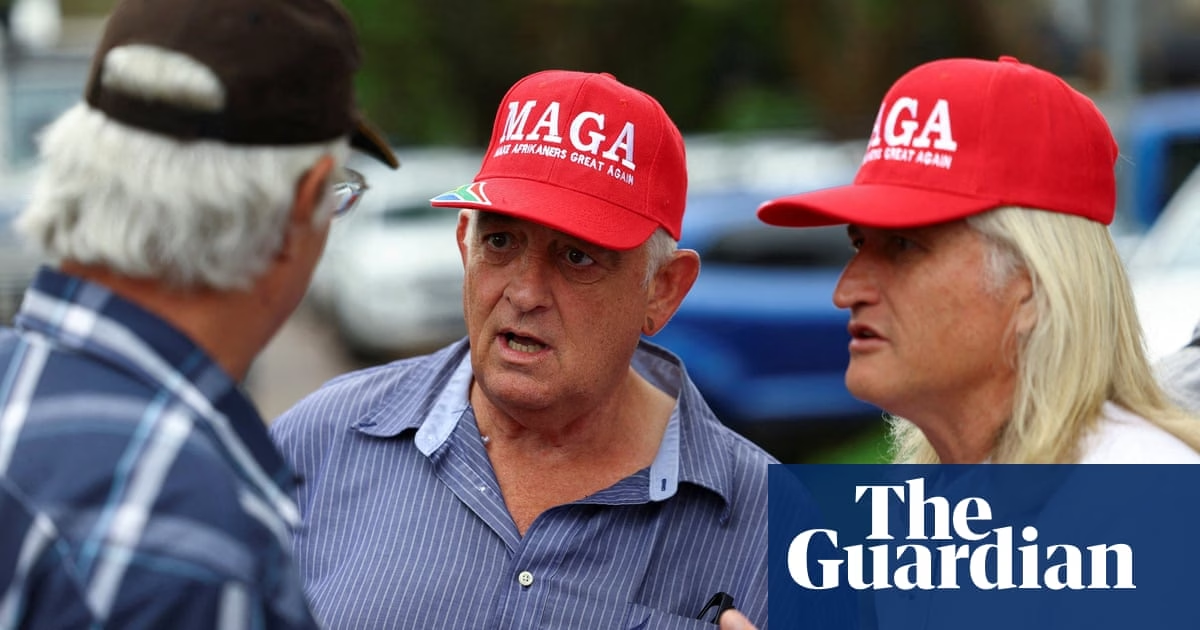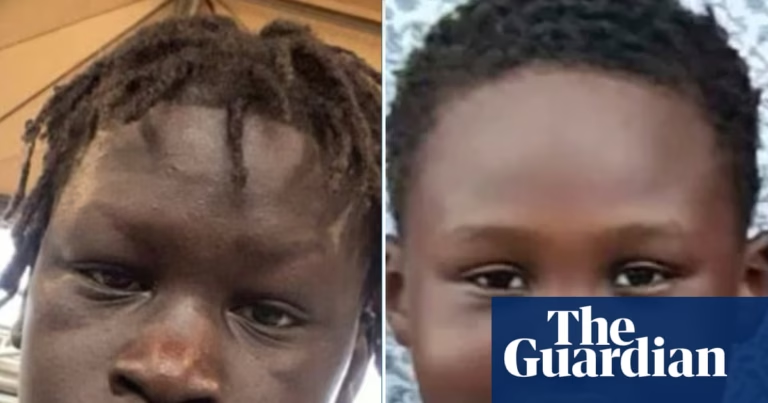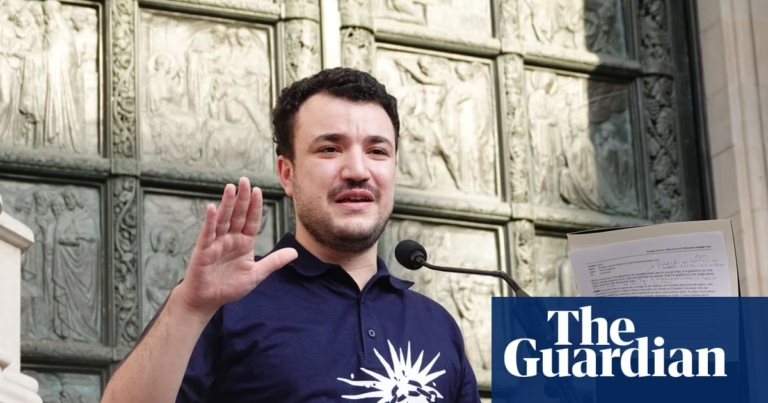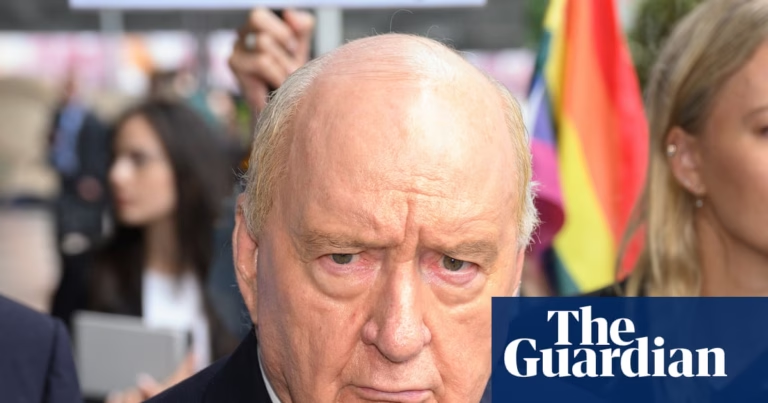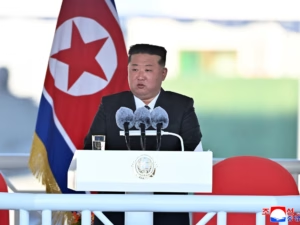Kyle was convinced God was watching over him when he managed to survive a violent farm robbery in South Africa eight years ago, with only minor injuries. The robbers were unable to use the kettle and iron to harm him, and their gun jammed when they attempted to shoot him in the spine.
“They specifically said they were coming back for this farm … [that] it was their land,” said the 43-year-old, who did not want to use his full name. “Only afterwards, we found out that the guy that stays on the plot was actually killed … the farmhand … I don’t know what his name was.”
Kyle, a divorced father of three, is one of many white South Africans hoping to take advantage of Donald Trump’s offer of refugee status, to escape the violence and alleged anti-white sentiment.
President Trump’s support for these claims, while simultaneously restricting other refugee arrivals, has sparked much debate about how far South Africa has come in achieving true reconciliation after the end of apartheid.
Kyle described this offer as a “godsend,” stating that his white children face significant hiring barriers in South Africa. “They don’t even understand what apartheid is,” he pointed out.
Apartheid had deeply divided South Africa along ethnic lines, and despite its end over three decades ago, the country remains marked by significant disparities. The unemployment rate for black South Africans is 46.1%, compared to 9.2% for whites.
Debates on affirmative action have led to feelings of disenfranchisement among some white South Africans. Surveys have shown a divide in perceptions of apartheid’s effects, with less than two-thirds of whites acknowledging the hardships it imposed on black people.
South Africa’s high crime rate further exacerbates the sense of insecurity among whites, with nearly two-thirds considering emigration compared to 27% of the general population.
Thousands have expressed interest in the US refugee program, according to reports. However, the US embassy in Pretoria has not commented on this issue.
For many, like Chilly Chomse, the decision to seek asylum is driven by the need to protect their families. Despite settling in Orania, a white-only Afrikaner town, during the pandemic, Chomse believes that South Africa is still unsafe.
The situation has also influenced the thinking of the Afrikaners. Esté Richter, for instance, viewed Trump’s initiative with relief, seeing it as an acknowledgment of the plight faced by her community.
Prominent organizations and groups, including AfriForum, maintain that the government is not doing enough to prevent violence against white farmers and the Afrikaner community as a whole.
Not everyone agrees with these perspectives. Rudolph Zinn, a professor, argues that farm attacks are primarily driven by financial motives and are not specifically targeted at white Afrikaners.
Moreover, the politically controversial “Kill the Boer” song has further fueled fears of a so-called “white genocide,” a narrative that has been embraced by figures like Trump advisor Elon Musk.
Sam Busa, a business consultant, is among those advocating for white South Africans to emigrate. She views the current state of affairs as a potential genocide that transcends issues of economic status.

